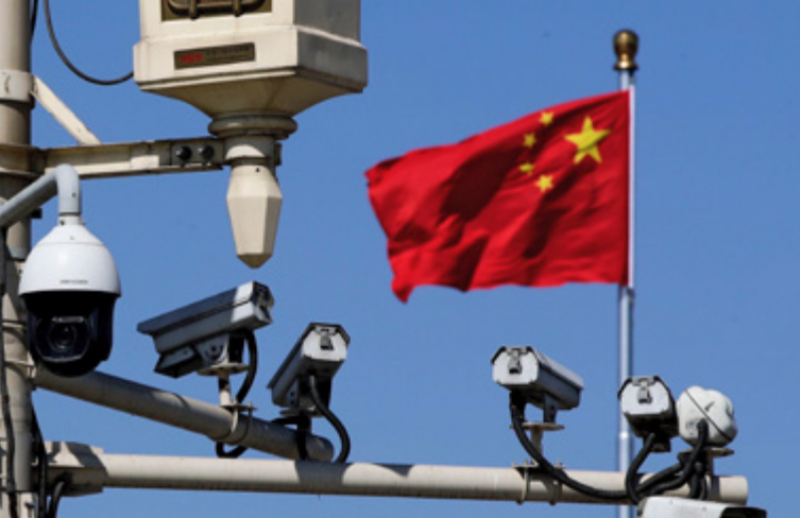
An author who wrote a book on China's efforts to subdue the world through technological advances indicates that the communist regime governing the nation has spread out its network of surveillance to other countries as well.
In the early 2010's, China's leader Xi Jinping took to heart the idea that "whoever controls data has the upper hand." After all, modern times require modern solutions. Today, wars are no longer carried out with bullets or arms, but with information, infiltrating intelligence agencies and holding information captive in exchange for political agendas.
Since 2013, Xi has been on a technological mission to build a blueprint for a digital dictatorship and he has succeeded. In China alone, the communist government is able to control huge volumes of data on its very own citizens and other people across the globe.
China has over 415 million surveillance cameras all over the country, making its people the world's most-watched individuals. Now that Beijing relies on social security cards, social credit systems and online interactions, it is now able to keep an even closer eye on its people and their activities.
Geoffrey Chin, author of "The Perfect Police State: An Undercover Odyssey into China's Terrifying Surveillance Dystopia of the Future," told CBN News. "It is a massive dragnet based on artificial intelligence, facial recognition, voice recognition, these are all novel technologies that the Chinese communist party is deploying against its people,"
The author explained that the communist regime began testing out this type of intense surveillance on the Uyghurs, the ethnic Muslim minority living in the Xinjiang province of China.
Cain said that Uyghurs were monitored through their smartphones and government cameras, following their every movement from morning til night. He said that under such scrutiny and surveillance, "nothing is secret, your entire life is exposed." An investigation into such surveillance has led Cain to discover that reams of data are fed to a massive police database that is then used by artificial intelligence to determine if a citizen will commit a crime in the future.
Cain explained that the surveillance system is easily triggered by minor changes in attitudes or actions, causing people to be detained for "pre-crimes" or petty reasons. The author said that "it could be something as simple as, they bought a tent suddenly or they stopped smoking suddenly, they change their behavior in ways that the system finds odd," alerting the police to visit them and interrogate them. If the police find anything suspicious, they are detained in "one of the many hundreds of concentration camps."
It is this kind of surveillance that is troubling to the rest of the world, as China has surveillance devices in up to 72 countries to date, including Venezuela, Kenya, the Philippines, and Oman, according to new research from Oxford University and Berlin's Humboldt University.
Tony Perkins of the Family Research Council argued, "China is now using their influence, using their money, using their technology, to facilitate the repression of minorities and individuals in other countries."
Human Rights Watch's Sophie Richardson said that such surveillance systems "can make a state exponentially more powerful." She added, "The overall effect is to use technology to engineer a very particular kind of dissent-free society and that's a very frightening concept."























